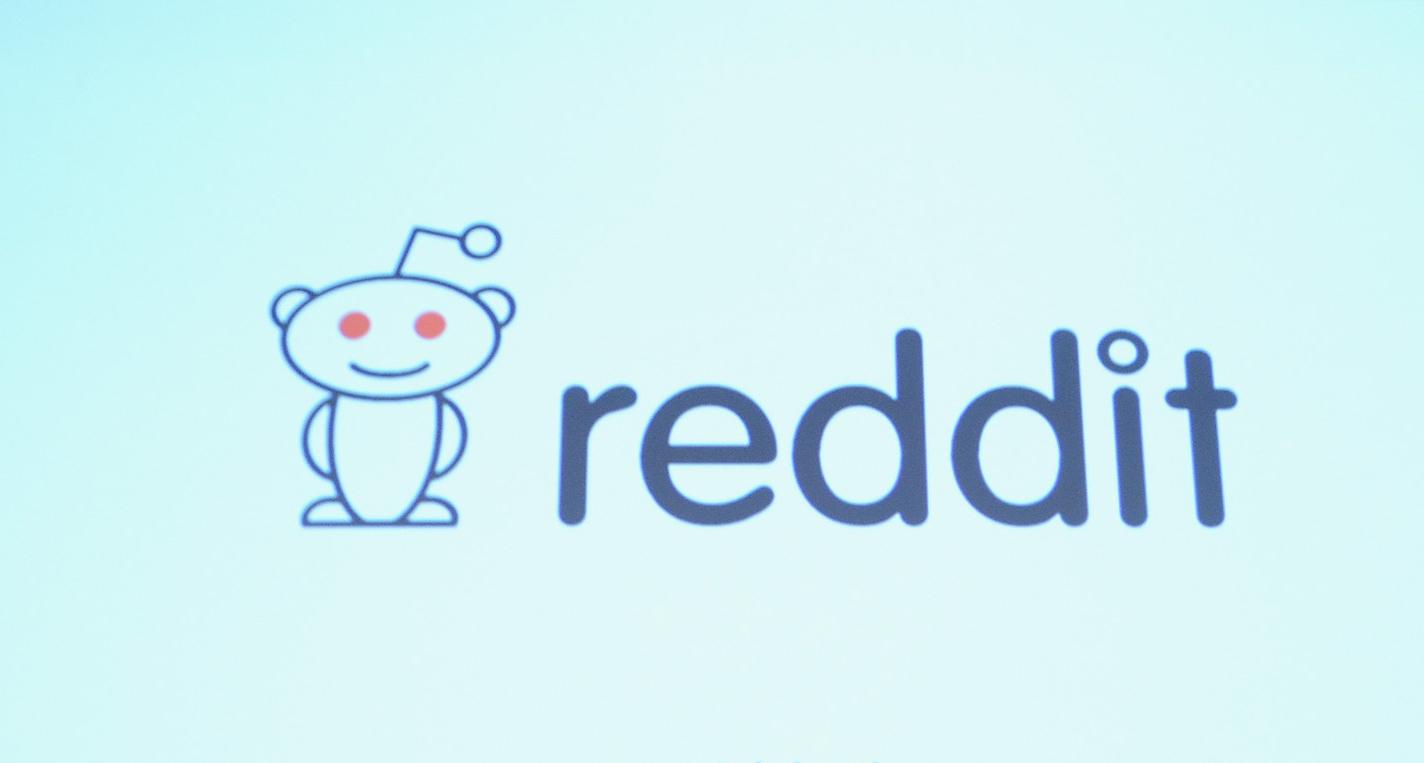Russia bans, un-bans Reddit, continues streak of failing at the internet
KYIV, Ukraine — Russia almost broke “the front page of the internet” this week.
The Kremlin’s media watchdog on Wednesday banned Reddit, one of the most visited sites on the web.
It turns out, officials had found a discussion thread they believed promoted the cultivation of certain illegal, psychedelic plants. The drama quickly ended on Thursday after they lifted the ban.
But that wasn’t the only thing the watchdog agency, Roskomnadzor, has been up to lately.
It's been known for blocking access to Russian opposition websites. And lately, it's targeted some media that's popular both inside and outside the country. Here's a look.
YouTube
Last month, Roskomnadzor warned YouTube it could find itself on Russia’s online blacklist over alleged copyright violations.
Officials asked the popular online video network to remove illegal copies of two Russian TV shows, which it quickly did, Global Voices reported. But YouTube drew renewed suspicion from the watchdog after scores of new pirated versions quickly appeared.
The agency then warned YouTube that if the problem wasn’t fixed within a few days, it would block the video-hosting service entirely for some Russian users.
Luckily, YouTube got the message and removed the content. The case was quickly closed.
Gay emoji
Yes, seriously.
After conservative Russians began noticing that Apple’s new operating system includes same-sex emoji — complete with gay parents with children and same-sex couples holding hands — it prompted a senator to ask the agency to investigate whether the images broke the country’s oppressive gay “propaganda” law.
The controversial legislation punishes what officials believe is the promotion of homosexuality among minors.
Roskomnadzor, in turn, then asked the ruling United Russia party’s youth wing, Young Guard, to look into the matter late last month, local media reported.
The group said it hadn’t yet received a formal request, but that it was willing to cooperate.
“This is not the first day or year we’re working with Roskomnadzor,” a Young Guard leader told a Moscow radio station. “We have repeatedly appealed at various levels against the spread of extremism online, the spread of child pornography and so on.”
Memes
As the BBC reports, news of this one got a bit of a hand last April after some worried the watchdog was banning all memes across the board.
Not quite.
In reality, Roskomnadzor posted on its VKontakte page (the Russian equivalent of Facebook) a reminder that slandering public figures through memes, among other things, violates the country’s newly updated law on personal data.
The agency said it reserved the right to ask users to remove such content or, failing that, face a potential lawsuit.
